Charles River, Cambridge, Massachusetts, stands as a testament to the enduring spirit of America’s past. From its humble beginnings as a colonial settlement to its pivotal role in shaping academia and innovation, the history of Cambridge, Massachusetts, is rich and multifaceted.
In this historic city’s heart lies a narrative woven with threads of intellectual curiosity, cultural diversity, and revolutionary fervor.
Back in 1630, Cambridge’s story unfolds against the backdrop of crucial historical moments, including the founding of Harvard College in 1636, which has since evolved into one of the world’s most prestigious academic institutions.
Join us on a captivating journey through time as we delve into the fascinating history of Cambridge, Massachusetts.
From the colonial era to the present day, discover the stories of innovation, activism, and resilience that have shaped this vibrant city into the cultural and intellectual hub it is today.
The History of Cambridge, Massachusetts
Cambridge’s journey, over 375 years, is a tapestry woven with threads of Native American heritage, revolutionary fervor, academic excellence, and technological innovation.
Let’s journey through time, exploring the key moments that shaped the city we know today.
From Indigenous Lands to Puritan Settlement (1630-1775)
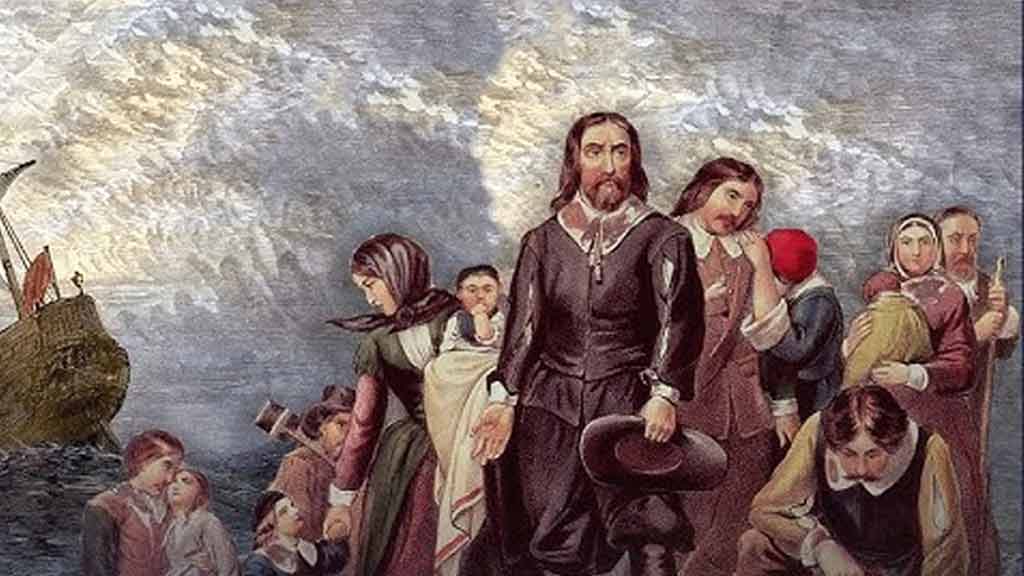
Long before European arrival, the land teemed with the Algonquian tribe, the Massachusetts. They named the area “Shawmut,” meaning “gathering place,” a testament to its fertile land and abundant resources.
In 1630, Puritan settlers led by Governor John Winthrop landed on the peninsula, drawn by its potential for a haven and a “city upon a hill.”
They renamed the settlement “Newtowne,” later changing it to “Cambridge” in honor of the prestigious University of Cambridge in England, hoping to establish a similar learning institution.
Birth of the Crucible of the American Revolution (1775-1800)
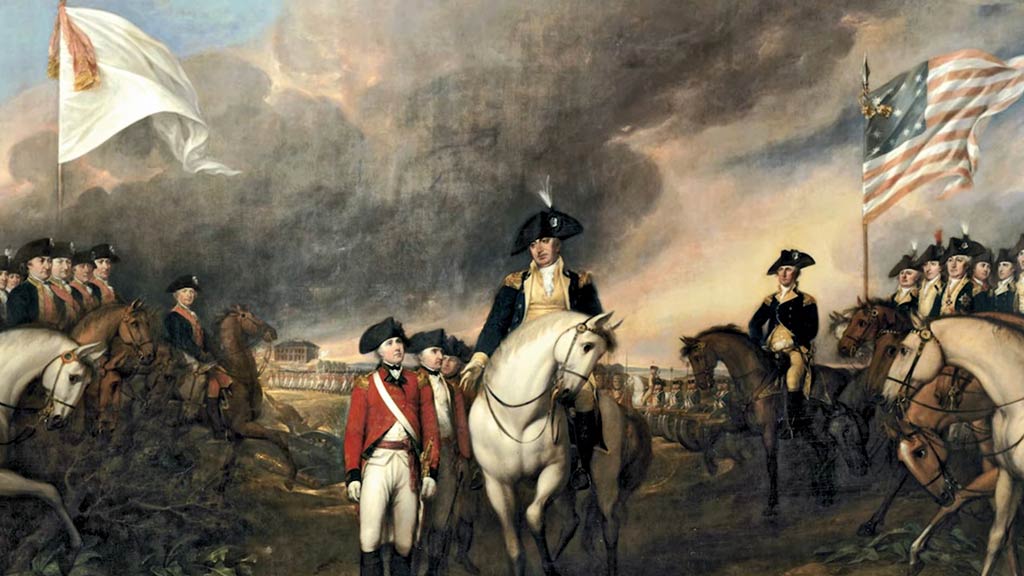
Cambridge played a pivotal role in the American Revolution. Then, just over a century ago, Harvard College was a hotbed of revolutionary ideas.
Prominent figures like George Washington, John Hancock, and Samuel Adams found support and camaraderie within its walls. The city hosted the Continental Congress in 1775, leading to the historic declaration of war against Britain.
Washington took command of the Continental Army in Cambridge, shaping the strategy that ultimately secured American independence.
From Literary Hub to Intellectual Powerhouse (1800-1900)
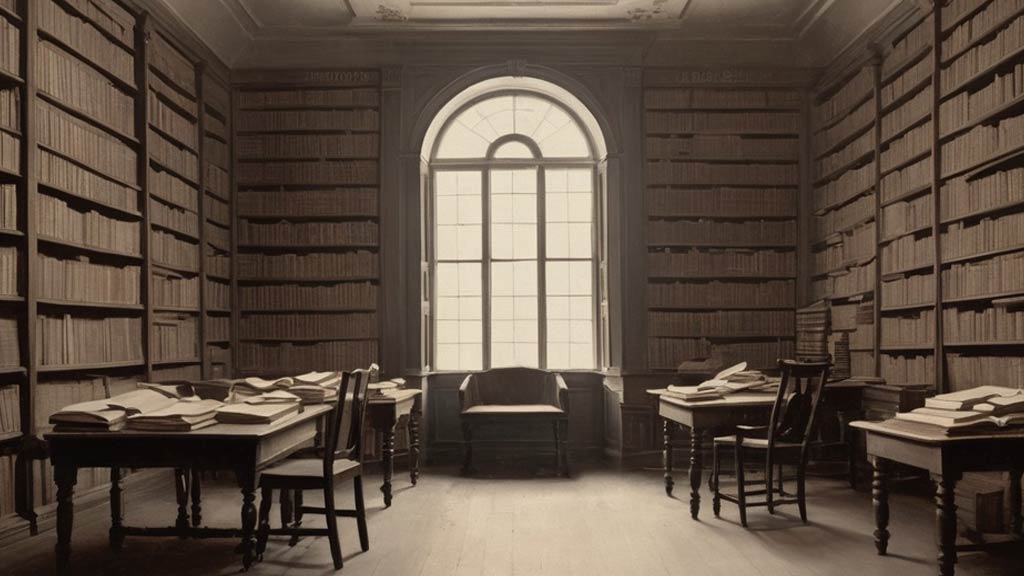
The 19th century saw Cambridge blossom as a cultural and intellectual center. Renowned writers like Henry Longfellow, James Russell Lowell, and Oliver Wendell Holmes made the city their home, forming the “Fireside Poets” group and shaping the American literary landscape.
Harvard flourished, establishing renowned institutions like the Law School and Medical School. Meanwhile, MIT was founded in 1861, focusing strongly on science and technology.
By the turn of the century, Cambridge boasted a vibrant intellectual community, attracting scholars and innovators worldwide.
Innovation and Transformation through the 20th and 21st Centuries

The 20th century witnessed Cambridge’s transformation into a global hub of innovation. World War II spurred technological advancements, with MIT playing a crucial role in developing radar and other critical technologies.
Post-war, the city emerged as a haven for technology startups, fostering companies like IBM and Digital Equipment Corporation. The creation of the Route 128 technology belt further solidified Cambridge’s position as a powerhouse of innovation.
Today, the city continues to drive progress, with institutions like Broad and Whitehead Institute leading the way in biomedical research and biotechnology.
A City of Layers and Beyond the Headlines
Beyond its academic and technological prowess, Cambridge boasts a rich tapestry of diverse communities. The city has long been a melting pot of cultures, from early Irish and Italian immigrants to more recent arrivals from Asia and Latin America.
This diversity fuels its vibrant arts scene, from renowned museums like the Harvard Art Museums to the lively Central Square with its independent theaters and music venues.
Cambridge also faces challenges, including rising housing costs and gentrification, as it strives to balance its historic character with its dynamic future.
Cambridge Massachusetts Famous For
Cambridge, Massachusetts, is renowned for its rich history, prestigious educational institutions, cultural vibrancy, technological innovation, and significant contributions to various fields. Here’s a comprehensive overview of what makes Cambridge famous:
Harvard University

One of the world’s most prestigious universities, Harvard was founded in 1636, making it the oldest institution of higher education in the United States.
Its sprawling campus in Cambridge is home to renowned academic programs, influential research centers, and iconic landmarks such as Harvard Yard and Widener Library.
Massachusetts Institute of Technology (MIT)
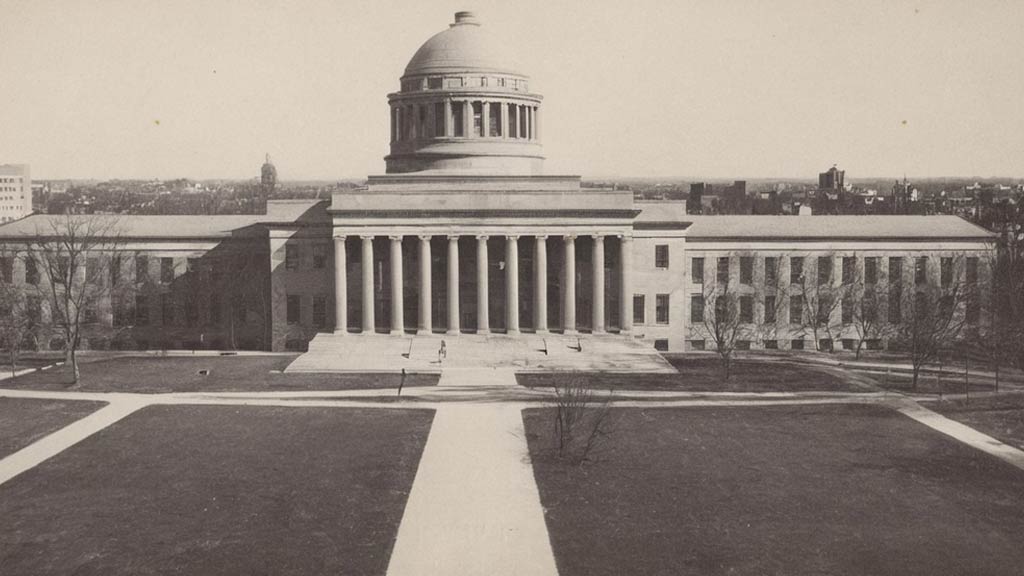
Another leading institution in Cambridge, MIT, is globally recognized for its cutting-edge research and education in science, engineering, technology, and entrepreneurship.
Its innovative spirit and collaborative environment have fueled breakthroughs in fields ranging from artificial intelligence to biotechnology.
Intellectual Hub
Cambridge has long been a magnet for intellectuals, scholars, and thinkers. Its academic institutions, including Harvard and MIT, attract top talent worldwide, fostering a culture of intellectual curiosity, critical thinking, and interdisciplinary collaboration.
Cultural Diversity
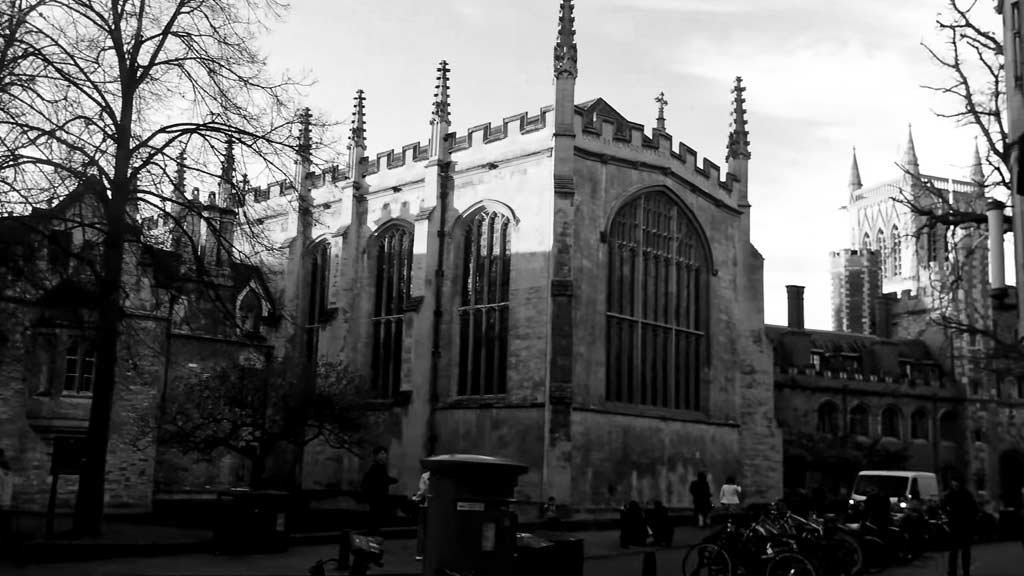
With a rich tapestry of cultures, languages, and traditions, Cambridge is celebrated for its diversity and inclusivity. Neighborhoods like Harvard Square and Central Square offer a vibrant mix of ethnic restaurants, art galleries, theaters, and music venues, reflecting the city’s cosmopolitan character.
Revolutionary History
Cambridge played a pivotal role in the American Revolution, serving as the headquarters of George Washington’s army during the Siege of Boston.
Landmarks such as the Longfellow House and the Old Cambridge Burying Grounds witness the city’s revolutionary heritage.
Literary Legacy
Home to influential writers, poets, and thinkers, Cambridge has left an indelible mark on American literature. Notable figures like Henry Wadsworth Longfellow, Ralph Waldo Emerson, and Sylvia Plath have called Cambridge home, contributing to its literary legacy.
Harvard Square
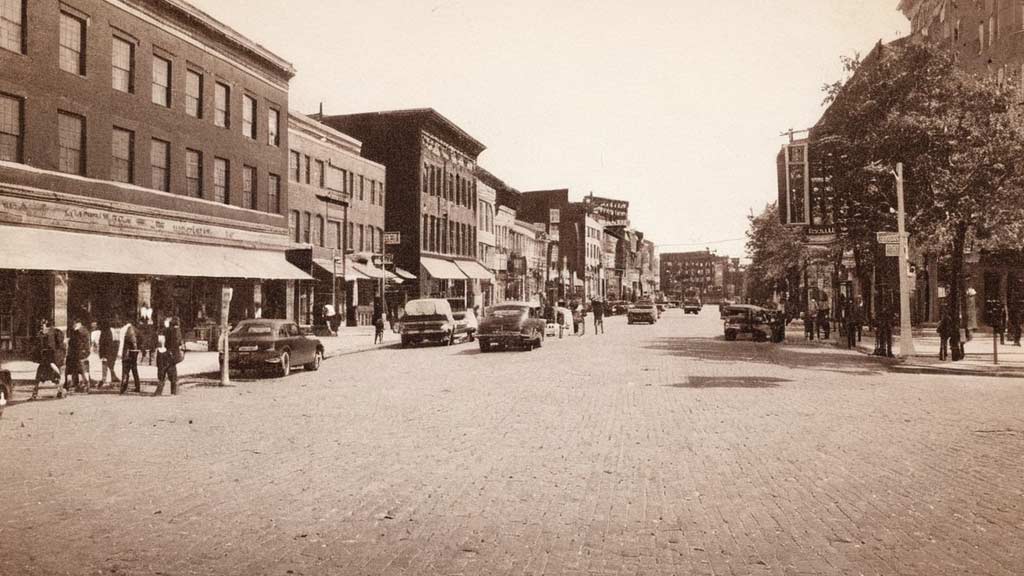
A bustling commercial and cultural hub, Harvard Square is synonymous with Cambridge’s eclectic charm. Lined with bookstores, cafes, street performers, and historic buildings, it exudes a unique blend of academic sophistication and bohemian flair.
Innovation Ecosystem
Cambridge is a hotbed of innovation and entrepreneurship, with a thriving ecosystem of startups, biotech firms, and tech companies.
The Kendall Square area, dubbed “the most innovative square mile on the planet,” is home to world-class research institutions, venture capital firms, and biopharmaceutical companies.
Museums and Galleries
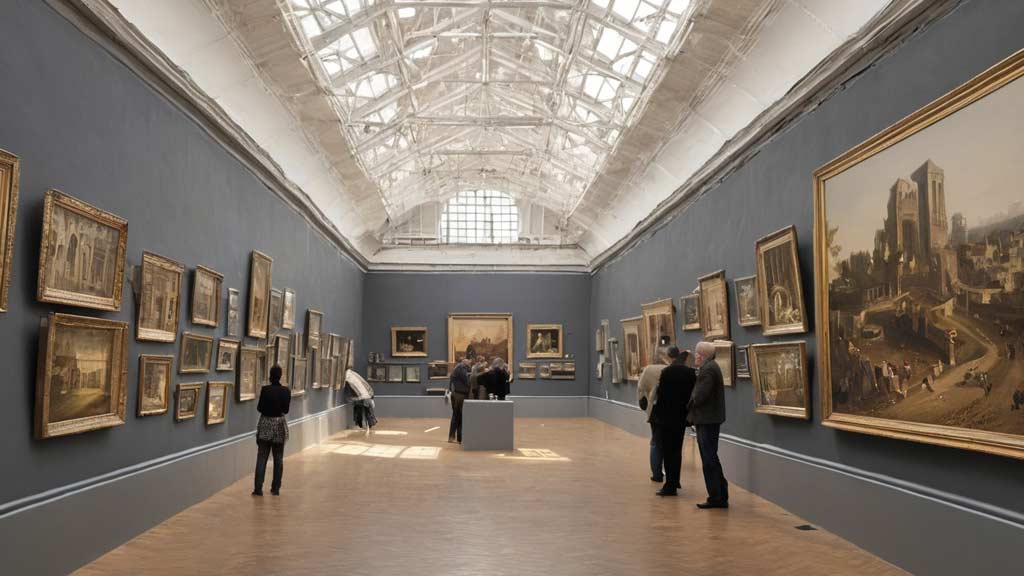
Art enthusiasts can explore many museums and galleries in Cambridge, including the Harvard Art Museums, the MIT Museum, and the Peabody Museum of Archaeology and Ethnology.
These institutions showcase diverse collections spanning ancient artifacts, contemporary art, and scientific innovations.
Cambridge Science Festival
Each spring, Cambridge hosts the Cambridge Science Festival, a week-long celebration of science, technology, engineering, and mathematics (STEM).
The festival features hands-on activities, interactive exhibits, lectures, and workshops, engaging participants of all ages in the wonders of science.
Who Is Cambridge Massachusetts Named After?
The decision to name Cambridge, Massachusetts, after its namesake in England, was driven by the desire of the early settlers to establish a center of learning and replicate the esteemed academic environment of Cambridge, England.
Puritan Influence and Educational Aspirations
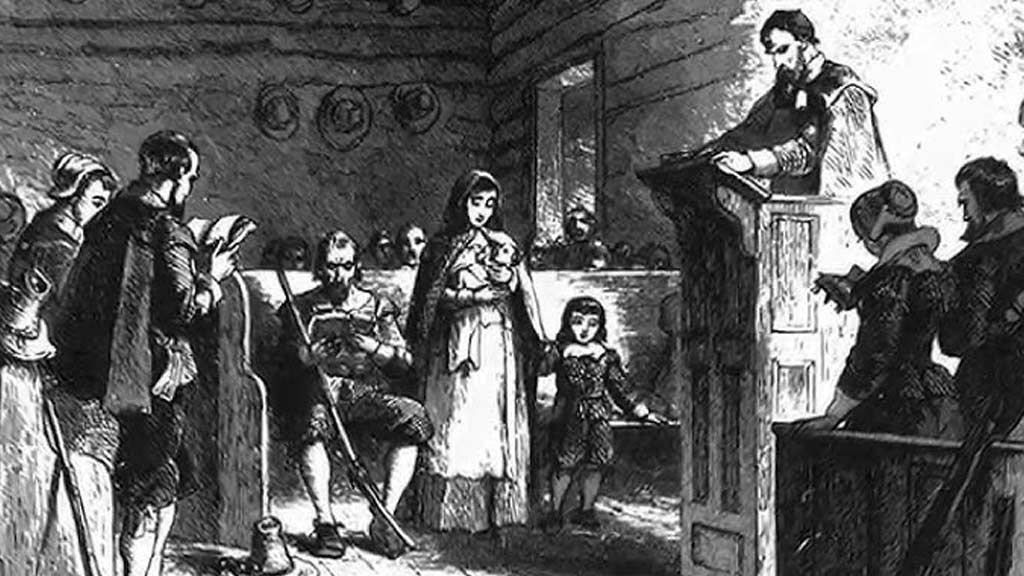
Many early settlers in Cambridge, Massachusetts, were Puritans who had received their education at the University of Cambridge in England.
Their educational background and aspirations for intellectual growth motivated them to name the new settlement after the renowned university town.
Establishing a New Center of Learning
By naming the settlement after Cambridge, England, the settlers sought to create a sense of continuity with their English roots and to establish a place where learning and scholarship could flourish in the New World.
Reflecting English Heritage in the New World
Naming new towns and cities in North America after familiar places from England was common among English settlers, serving to honor their heritage and maintain connections to their homeland.
Evolution of Cambridge, Massachusetts
Since its founding, Cambridge, Massachusetts, has grown into a vibrant urban center known for its educational institutions, cultural diversity, and spirit of innovation while still carrying on the legacy of its namesake city in England.
Symbol of Academic Excellence and Innovation
Today, Cambridge, Massachusetts, stands as a symbol of academic excellence and intellectual curiosity, embodying the ideals of learning and scholarship that inspired its founders centuries ago.
Continuity of Legacy
While Cambridge, Massachusetts, has evolved, its name continues to evoke the legacy of its namesake city in England, serving as a reminder of the aspirations and values of its early settlers.
FAQs
When was Cambridge, Massachusetts, founded?
Cambridge, Massachusetts, was founded in 1630 by English settlers, making it one of the oldest cities in the United States. It was initially known as “Newtowne” before being renamed Cambridge in 1638.
What are the main attractions in Cambridge, Massachusetts?
Some of the main attractions in Cambridge include Harvard University, MIT (Massachusetts Institute of Technology), Harvard Square, the Harvard Art Museums, the MIT Museum, and the Charles River Esplanade.
How do I get to Cambridge, Massachusetts, from Boston?
Cambridge is conveniently located adjacent to Boston, and various modes of transportation can easily reach it.
Visitors can take the subway (the MBTA Red Line) or bus from Boston to Cambridge or drive across one of the several bridges connecting the two cities.
What is the Cambridge Innovation Center (CIC)?
The Cambridge Innovation Center (CIC) is a coworking space and startup incubator in Kendall Square, Cambridge.
It provides office space, support services, and networking opportunities for entrepreneurs, startups, and small businesses in the technology and innovation sectors.
What is the history behind Harvard University?
Harvard University, founded in 1636, is the oldest institution of higher education in the United States.
It was established by the Massachusetts Bay Colony and named after its first benefactor, John Harvard. Over the centuries, Harvard has played a prominent role in American history.
Conclusion
The history of Cambridge, Massachusetts, serves as a microcosm of the American experience, reflecting the nation’s evolution through triumphs and tribulations.
From its origins as a Puritan settlement to its modern-day status as a hub of education, innovation, and culture, Cambridge has continuously reinvented itself while preserving its rich heritage.
As we reflect on the past, we recognize the contributions of countless individuals who have left an indelible mark on the city, from pioneering scholars to social reformers and entrepreneurs.
Looking ahead, Cambridge remains a beacon of inspiration, fostering creativity, diversity, and progressive ideals. Its story reminds us of the importance of embracing change while honoring tradition and serves as a testament to the enduring spirit of community and resilience.
As we continue to write the following chapters of Cambridge’s history, let us draw upon past lessons to shape a brighter future for generations to come.
Jaclyn Lowe